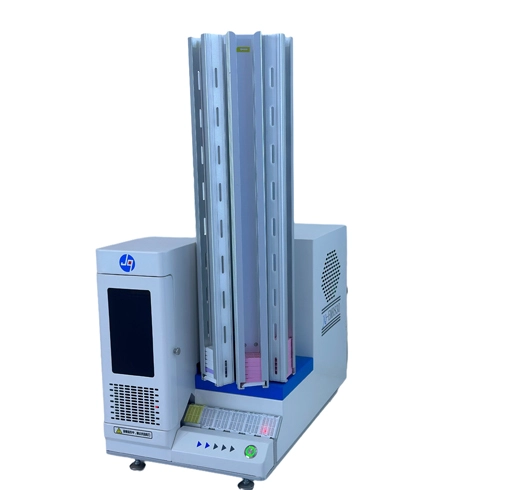Grossing Table: Aiding Pathological Assessment
General Examination: The Cornerstone of Pathological Assessment
General examination is the foundation of pathological assessment of surgical specimens. If abnormalities are missed during the general examination and, as a result, are not sampled, even the most experienced pathologists may fail to recognize the problem. The missed "abnormality" could be an entire tumor or a specific area within the tumor significant for poor prognosis. For example, the sarcomatoid changes in renal cell carcinoma typically present as solid, meat-like, grayish areas.
General examination is also crucial for accurate staging. The distinction between direct invasion of the adrenal gland by renal cell carcinoma (pT4) and non-contiguous involvement of the ipsilateral adrenal gland (pM1) is made based on a careful general examination. Histologic examination of the slides under the microscope may not be able to make this important distinction.
General examination, as the initial step in the pathological assessment of surgical specimens, is of paramount importance. It is not only the basis for subsequent microscopic observations but also the key to ensuring the accuracy and reliability of pathological assessments. Through careful general examination, pathologists can comprehensively and intuitively assess abnormalities in the specimen, avoiding the omission of important information, and providing strong support for subsequent diagnosis and treatment. This process requires a user-friendly grossing bench to support the work.
Accurate Identification of Abnormalities: Avoiding Diagnostic Pitfalls
During the general examination, the pathologist needs to meticulously observe every detail of the specimen to ensure no abnormal areas are missed. If a significant abnormal area with poor prognosis is overlooked due to negligence, even the most experienced pathologists may not be able to identify this pitfall during subsequent microscopic examinations. Therefore, the importance of a grossing table lies in providing a spacious, easy-to-clean operation platform, enabling pathologists to focus on examining the specimen, accurately identifying abnormal areas, and avoiding diagnostic pitfalls.
Accurate Staging: Guiding Treatment Strategies
In addition to accurately identifying abnormal areas, the grossing table also plays an essential role in the accurate staging of diseases. Taking renal cell carcinoma as an example, through careful general examination, pathologists can determine the relationship between the tumor and surrounding tissues, distinguishing between direct invasion and non-contiguous involvement, thereby formulating a more precise and effective treatment plan for the patient. This step is crucial for improving the survival rate and quality of life of patients.
In conclusion, the grossing bench plays a critical role in pathological assessment. It ensures the accuracy and reliability of pathological evaluations and provides strong support for patient treatment.




